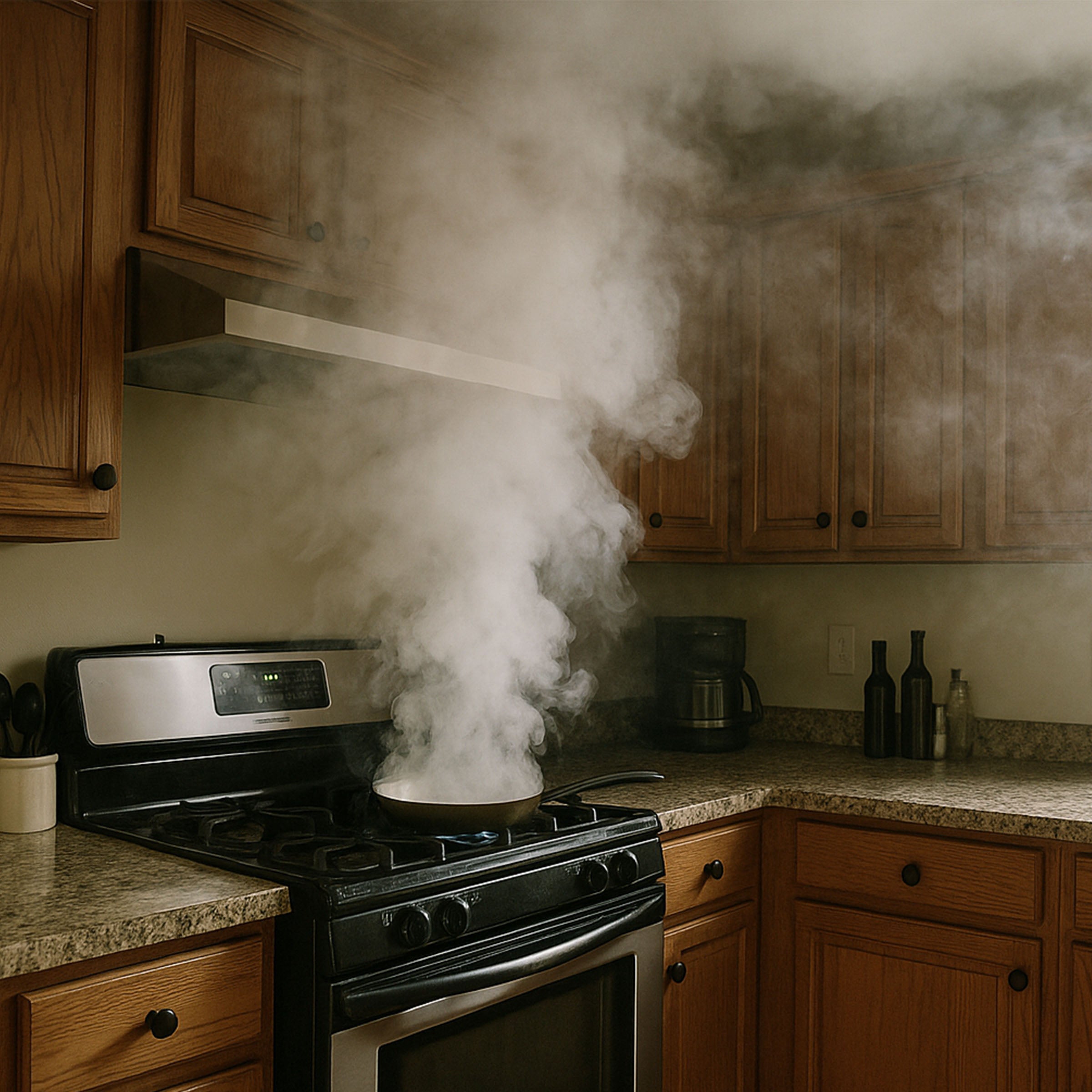
The little-known health risks to cooking with gas indoors
Why Cooking with Gas Could Be Harming Your Health — What the Research Shows
For generations, gas stoves have been seen as the gold standard for home cooking. But recent research is challenging this perception, revealing serious health risks associated with cooking with gas indoors. Multiple studies — including groundbreaking work from Stanford University and leading environmental health organizations — are uncovering the invisible dangers lurking in kitchens across the country.
In a 2023 study led by Stanford researchers and PSE Healthy Energy, gas stoves were found to emit benzene, a known carcinogen, at levels comparable to secondhand tobacco smoke. Benzene exposure, even at low levels, is linked to leukemia and other blood disorders. Unlike smoke from a cigarette, the benzene released from a gas stove is invisible and odorless, making it a hidden threat in homes where ventilation may not be adequate.
Beyond benzene, gas stoves also release nitrogen dioxide (NO₂), carbon monoxide (CO), formaldehyde, and fine particulate matter — all of which can worsen respiratory conditions like asthma and increase risks of heart disease and other chronic illnesses. A 2024 Stanford study showed that NO₂ levels in homes with gas stoves often exceed outdoor EPA standards, even when ventilation fans are used. The Rocky Mountain Institute and Consumer Reports have echoed these findings, emphasizing that gas cooking contributes significantly to indoor air pollution, a leading factor in respiratory illness for children and adults alike.
As these health concerns gain public attention, the case for transitioning to electric or induction cooking is stronger than ever. Induction cooktops eliminate combustion altogether, providing faster, more precise heating without polluting indoor air. With electrification policies and consumer awareness on the rise, moving away from gas isn’t just a lifestyle choice — it’s a critical step toward healthier homes and families.




Leave a comment
This site is protected by hCaptcha and the hCaptcha Privacy Policy and Terms of Service apply.